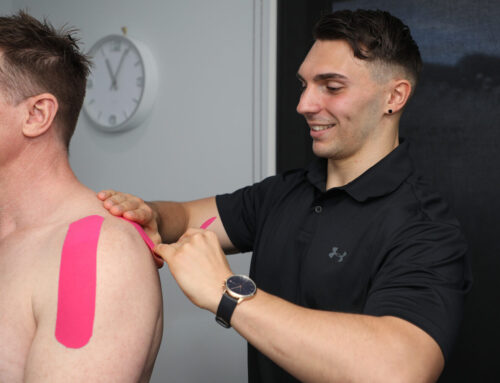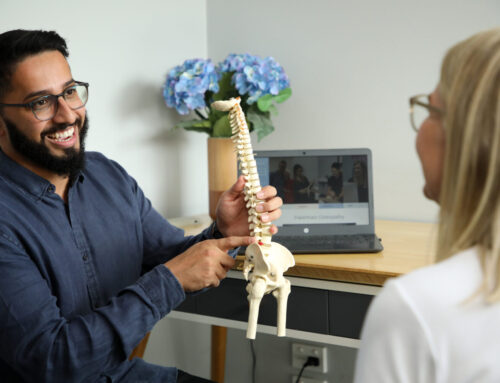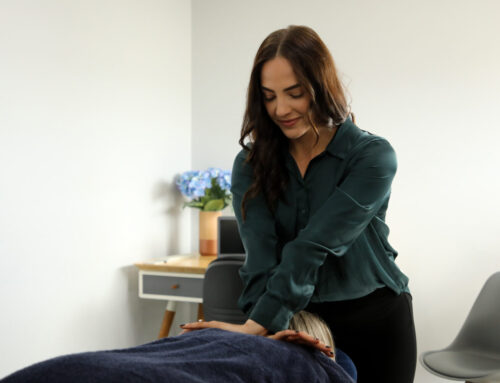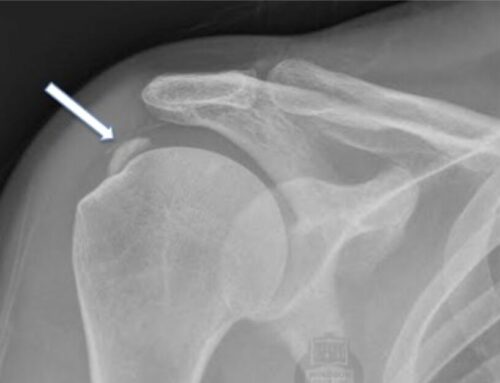Understanding the vital role of sleep in maintaining overall health is essential, but it’s particularly crucial for musculoskeletal well-being. Quality sleep is a foundational element that supports the body’s ability to heal, recover, and function optimally.

Photo by Alexandra Gorn on Unsplash
The Importance of Sleep for Muscle Recovery
During sleep, the body enters a restorative phase where it repairs tissues, builds muscle, and synthesises proteins. Growth hormone, essential for muscle repair and regeneration, is predominantly released during deep sleep. Without adequate rest, muscles are unable to recover fully from daily wear and tear or strenuous activities. This can lead to increased muscle soreness, prolonged recovery times, and a higher risk of injury.
Impact on Joint Health
Joints, like muscles, benefit significantly from a good night’s sleep. Inadequate sleep can lead to inflammation and increased pain sensitivity, exacerbating conditions such as arthritis and other joint-related issues. When the body is deprived of sleep, it cannot effectively regulate the inflammatory processes, leading to more pronounced symptoms and discomfort.
Sleep Posture
Sleep posture plays a crucial role in musculoskeletal health. Poor sleeping positions can lead to increased strain of the spine and joints, causing discomfort and pain. It is important to maintain a neutral spine position while sleeping, using pillows to support the neck and lower back. For side sleepers, a pillow between the knees can help maintain hip position. Addressing sleep posture can prevent chronic pain and musculoskeletal issues.
Image courtesy: iStock by Solar22
 Stress, Sleep, and Muscle Tension
Stress, Sleep, and Muscle Tension
Lack of sleep contributes to elevated stress levels, which in turn can lead to increased muscle tension. Chronic stress and muscle tension create a vicious cycle that can be difficult to break. Ensuring sufficient, high-quality sleep helps manage stress levels, reducing muscle tension and promoting overall musculoskeletal health.
Tips for Better Sleep and Musculoskeletal Health
- Create a Comfortable Sleep Environment: Ensure the mattress and pillows provide adequate support and comfort. The bedroom should be cool, dark, and quiet to promote restful sleep.
- Establish a Regular Sleep Routine: Going to bed and waking up at the same time every day helps regulate the body’s internal clock, making it easier to fall asleep and wake up feeling refreshed.
- Limit Screen Time Before Bed: Exposure to blue light from screens can interfere with the production of melatonin, a hormone that regulates sleep. Limiting screen time at least an hour before bed can improve sleep quality.
Understanding the connection between sleep and musculoskeletal health is essential for maintaining a healthy body. Prioritising good sleep hygiene and addressing any sleep barriers can significantly enhance musculoskeletal recovery and overall well-being. By making sleep a priority, one can support their body’s recovery processes and promote a pain-free, active lifestyle. If you’d like more sleep advice have a read of these blogs:




